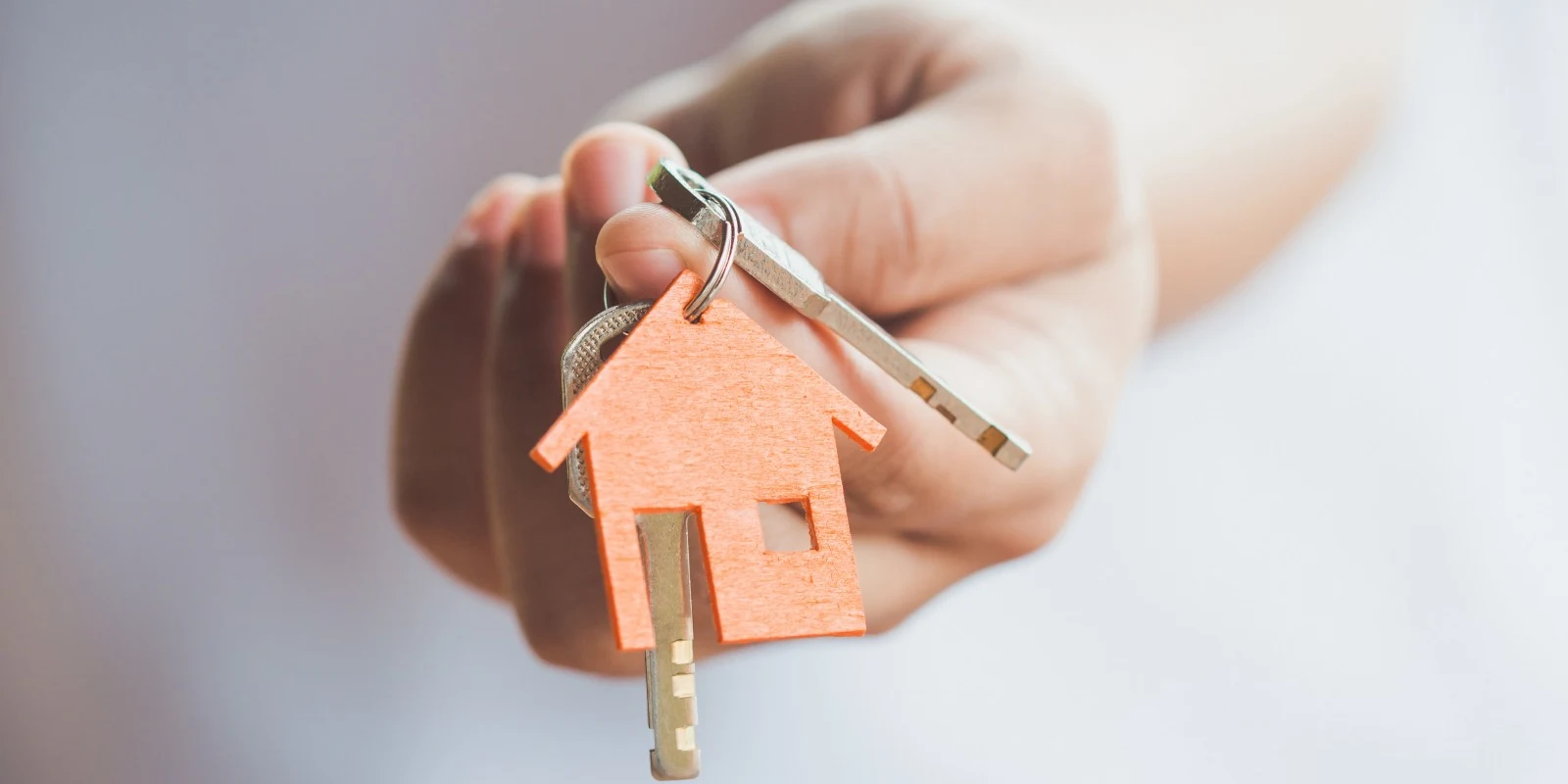
First, we need to debunk the common misconception that renting is throwing money away. Renting buys you time. There is an opportunity cost for money. That 100,000 dollars down payment, if invested instead of buying a house, would be worth about 1.1 million dollars in 30 years with an annual interest rate of 8 percent.
As doctors, we all want that “doctor house” with a nice backyard, spacious, high ceiling, four car garage, and a cute garden. The most common excuse is “but I have sacrificed this long. I need to buy a house now.” “I am already 32 years old, I need a house.”
I am not saying don’t buy a house. What I am saying is to get your financial house in order before making one of the largest purchases of your life.
Go ahead and buy that house, as long as you do not fall into the following categories.
1. You still have student loans
Student loans are one of the Achilles heels of success in America. Last time I read, Americans have about 1.3 trillion in student loans and it continues to increase. Undergraduates now leave school owing an average of about 34,000 dollars. That is up 70 percent from a decade ago. If you are a doctor, it is almost a guarantee that you have close to 200,000 dollars in loans, if not more. Add your undergraduate balance as well, it becomes frightening. We are desensitized to the burden of student loans. We just pay the minimum payments and basically ignore the monthly statements. Imagine having a loan of 200,000 dollars and then adding a mortgage of 500,000 dollars on it. Now you are 700,000 dollars deep in debt. If debt were a physical load, you would be crushed by now. Take your time. Settle your current debts before getting into another one!
2. You do not have emergency funds
Having a good emergency fund cannot be stressed enough. You don’t want to be house broke. Exposing your family to financial risk is not cool. An emergency fund is extra cash that you set aside for unforeseen circumstances. The recommended emergency fund is 3–6 months of living expenses. If you are a homeowner, err to the side of caution and do 6 months. It can make a huge difference. With one big disaster, your financial journey can quickly be ended. An emergency fund can reduce a disaster to just a bump in the road. It gives you peace of mind.
What qualifies as an actual disaster?
Emergency fund must only be used for true emergencies; such as job loss, medical expenses and home repairs. It should not be used for a wedding, vacation or any other celebrations.
As a general rule of thumb, you need to save at least 1% of the cost of your house every year for maintenance. So if you have a 500,000 dollar home, you need to save 5,000 dollars for house maintenance. I recommended aiming for 3%.
3. You do not have 20 percent down
The 20 percent down payment is not just a bank requirement to avoid private mortgage insurance. It is a litmus test if you can actually afford a home. Let’s face it, if you cannot afford a 20 percent down payment, you cannot afford the house. Of course, there are banks who offer loans with zero percent down and with no private mortgage insurance such as the physician loan. The problems with these loans are they tend to have higher interest rates. Take your time, save up for that 20% down payment. The best way to guarantee a good interest rate is to pay 20 percent down.
4. You are not sure about your job
Job stability is a prerequisite for purchasing a home. If there is the possibility of having to relocate for a job within the near future, you should rent. When I relocated for my job, my wife really wanted to purchase a home. It was tempting, but I held my ground and rented. I did not want us to feel obligated to stay in an area, just because we prematurely purchased a house. However, once we are comfortable with the job and see a long-term potential, we will then start searching for a house. That will also give us enough time to save for the 20 percent down payment. No cutting corners here people.
5. You are not sure you want to stay in a place for > 5 years
On average, it takes 3–5 years at a minimum to “break even” on a new house. This means, if you had your house for less than 3 years, you are more likely to come out ahead if you have rented instead. As doctors, many of us have residencies that are only 3 years long. This is not the time to buy a house. You can check out the rent versus buy calculator online to do your own calculations. While this might vary from state to state and by “how much” house you are purchasing, it is still a good rule to follow. This rule is actually a variation of our number 4 point above. However, you might like the job but hate the area.
6. You do not qualify for a good interest rate.
Do not be desperate to own a house. There must be a reason why you do not qualify for a good rate. Find that reason and fix it. A higher interest rate will make your mortgage payments higher.
For someone with a bad credit, a high-interest rate spells trouble.
Don’t be like this person asking questions on credit Karma:
“I want to buy a house, but I only have a credit score of 562, is this possible?”
It might be possible, but not advisable. You’ll be falling victim to the same type of poor financial decisions, which caused your bad credit.







